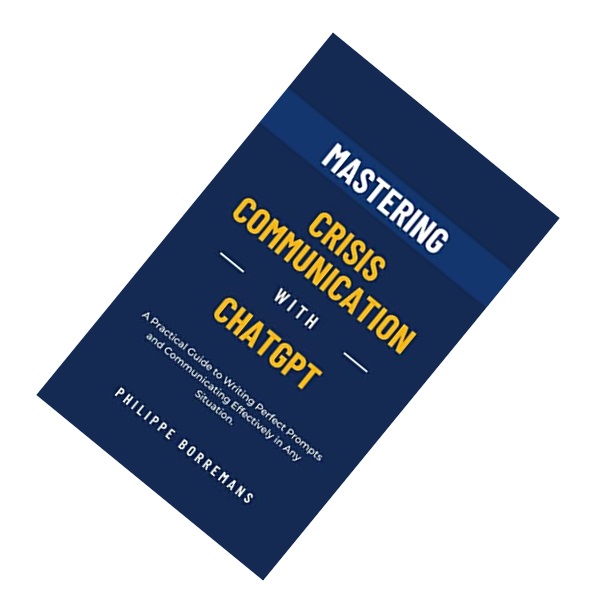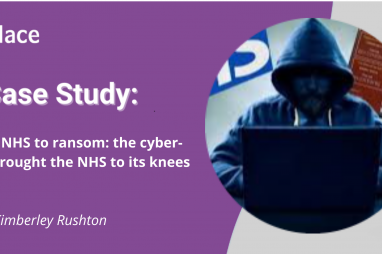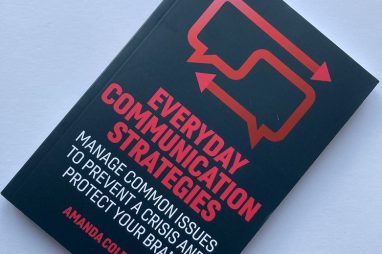Review: Mastering Crisis Communication with ChatGPT
ChatGPT is a powerful tool, but it should not replace human judgement. The final decision on how to respond to a crisis should always be made by a human. Philippe Borremans
You might not be replaced by AI, but you could definitely be replaced by another professional with AI skills. Anonymous




